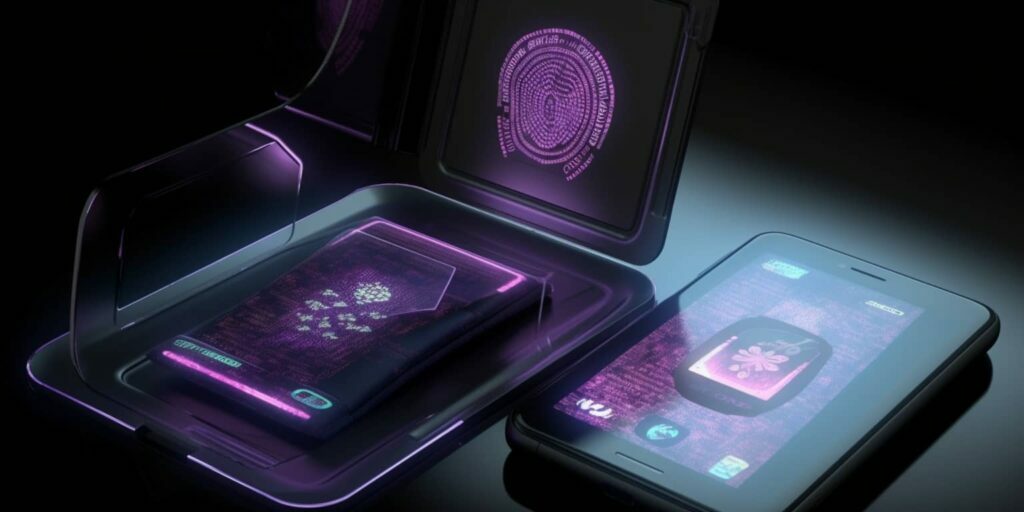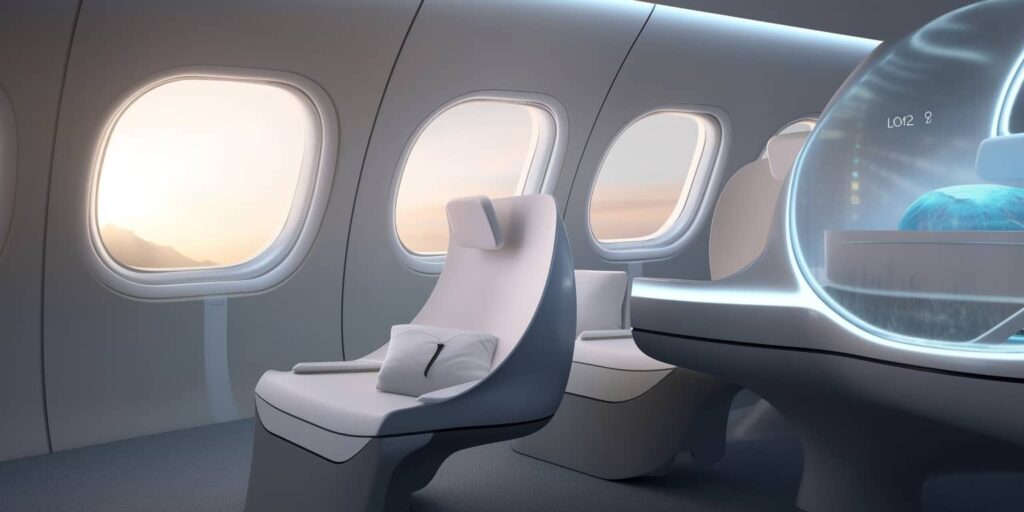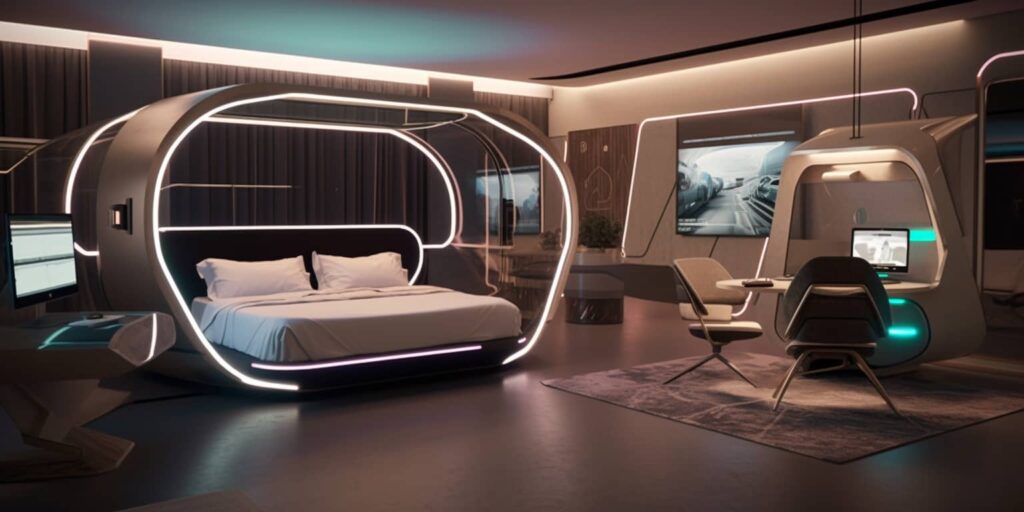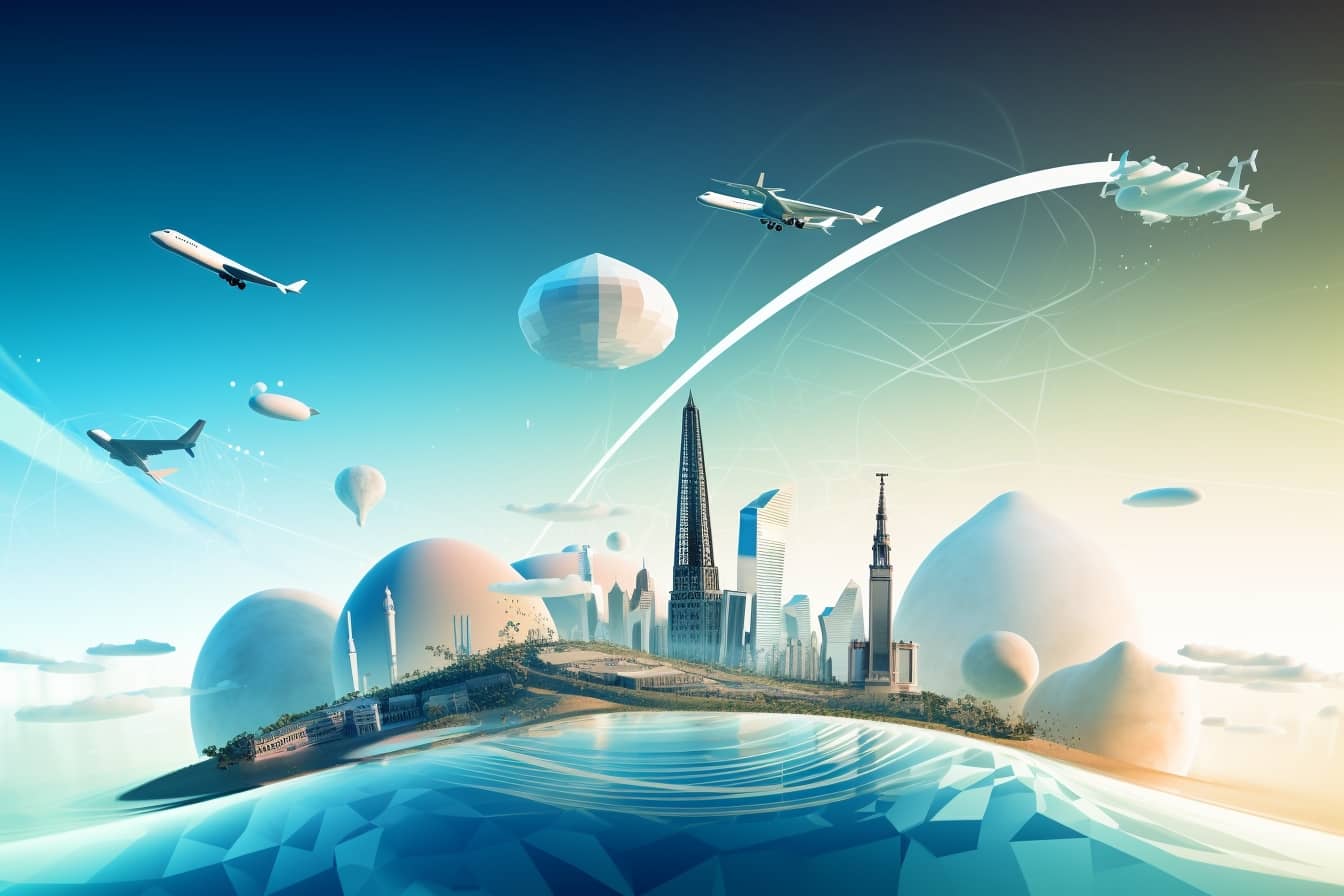Travel the metaverse, fly in an electric taxi and have a 3D printed wardrobe? This and more in the forecasts of a "task force" (academics, future studies experts and business consultants) put together by the airline Easyjet.
On balance, 50 years from now tourism could evolve in forms that we don't even imagine, but this doesn't stop the hypotheses: some will hit the mark. Here are the predictions.
Fasten your seat belts, indeed: the visors

In 2070 the “first trip” to a tourist destination could take place in the metaverse. Virtual reality experiences (increasingly immersive) will allow us to "try before you buy" our holidays, and make more informed choices about where to travel.
Traveling hi-tech is easier

In all scenarios predicted by experts, travel in 2070 will be much faster and smoother than today. 85% of travelers should arrive at their destination by public and electric transport, maybe autonomous. We could also use electric taxis with vertical take-off and landing (e-VTOL) to move from home to the station, or to the airport.
Airport check-in and security will become increasingly sophisticated and queue-free. Once the problems associated with mass surveillance have been overcome, facial recognition will make all the steps in our hubs immediate.
Digital passports and heart signature

In 2070, biometric passports could be fully digital, with biometric data such as fingerprints and retinal scans stored in a global database. One could even use the “cardiac signature,” unique to each individual, as an identifier.
Comfortable and “personalised” aircraft

“Biomimetic” design and absolute comfort in the aircraft of tomorrow. Seats, cabin (for longer journeys) with lighter and more resistant materials will allow you to travel by air with the same level of relaxation that we find today on cruise ships, or in the most luxurious trains.
And after so much traveling, the hotels: will you recognize them?

On hotels, experts focus a small "burst" of forecasts. Driverless cars for transfers, with a digital holographic personal concierge obviously equipped with artificial intelligence. AI and robotics will also dominate within hotels by reducing staff and even modifying part of the rooms according to customer needs. And the suitcases? Definitely lighter: even clothes, which are recyclable, can be "printed" directly in 3D based on the users' measurements. They will be there, in a "temporary" wardrobe that we will leave when it's time to say goodbye.
Because among all the incredible things about traveling in 2070 there will certainly be one that will not change: sooner or later you will go home.


